1 of 55
Download to read offline
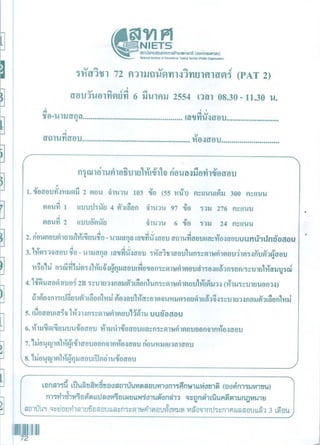
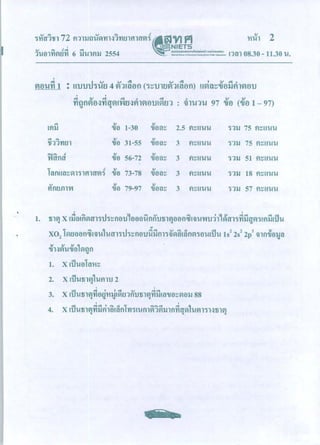

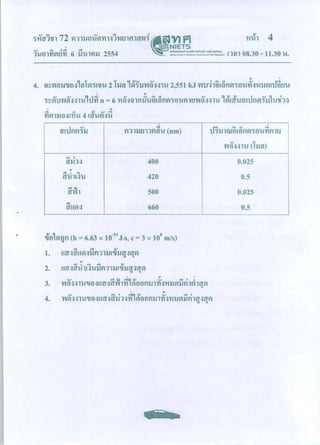
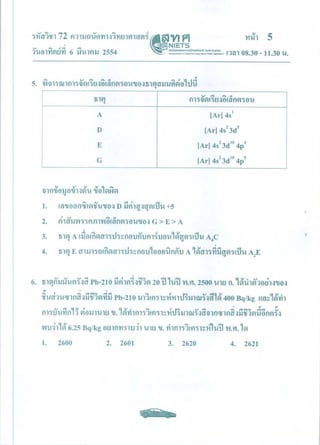
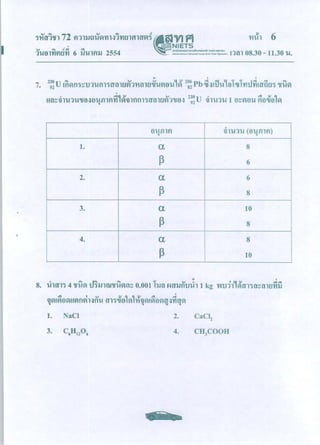
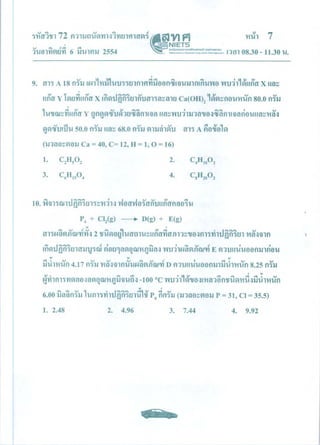
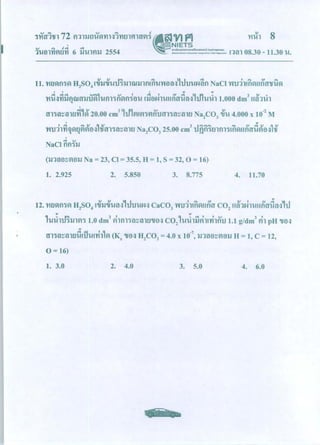
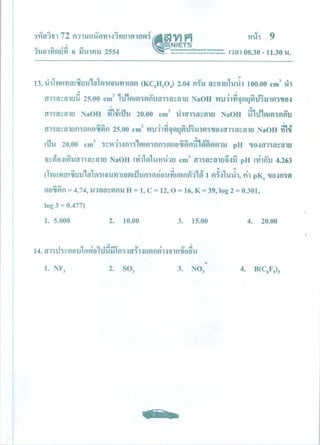
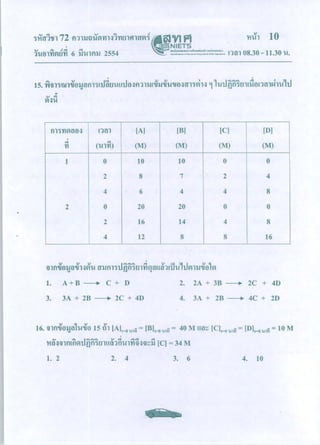
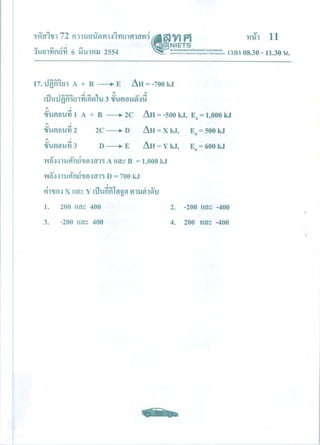
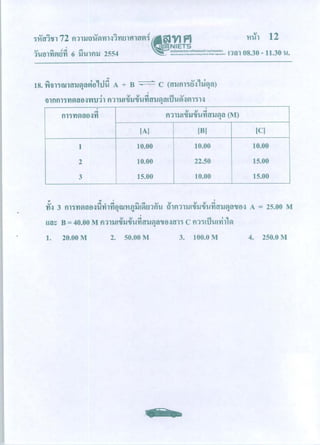
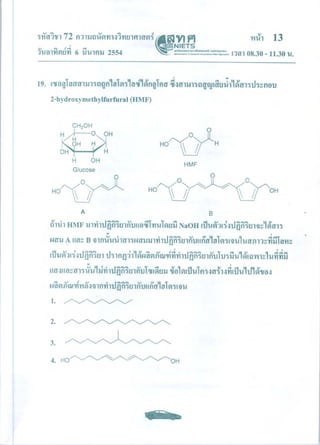
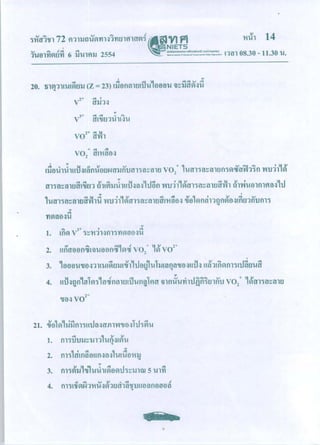
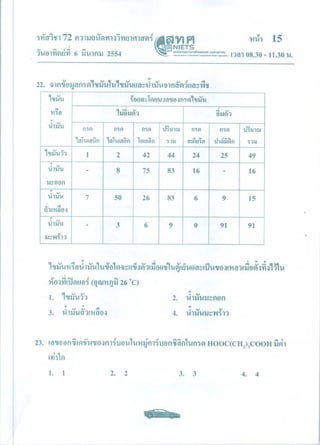
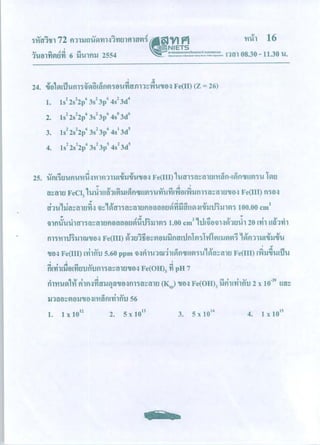
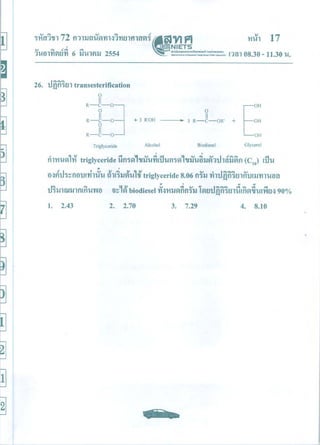
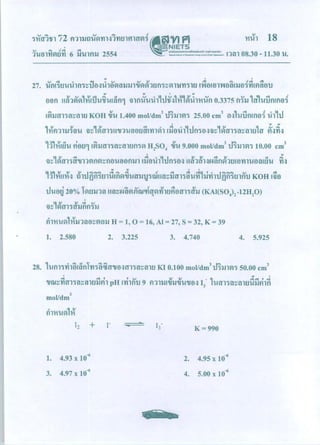
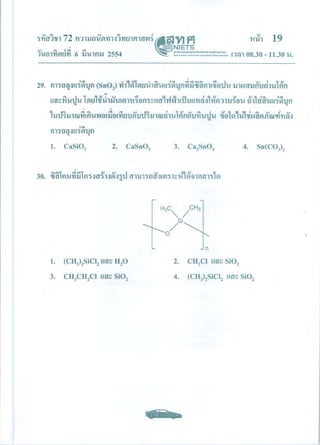
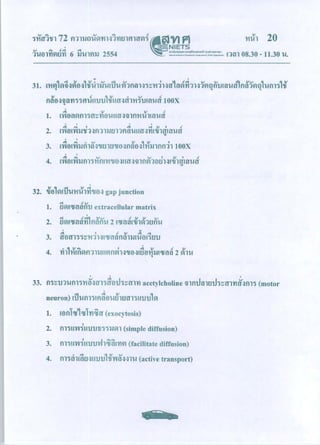
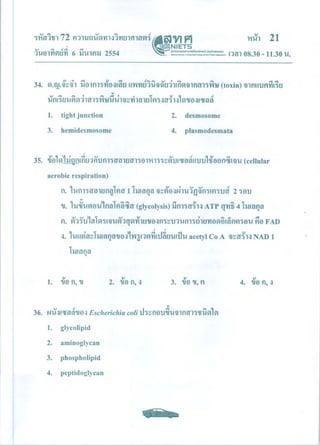
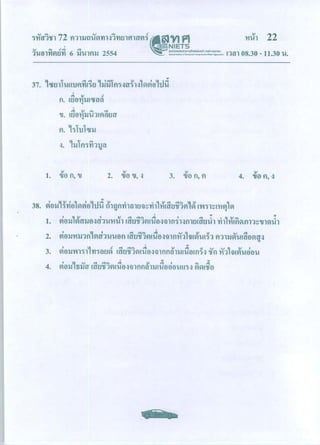
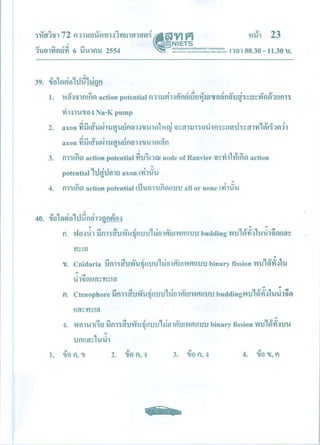
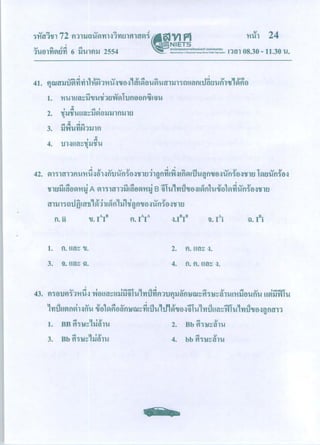
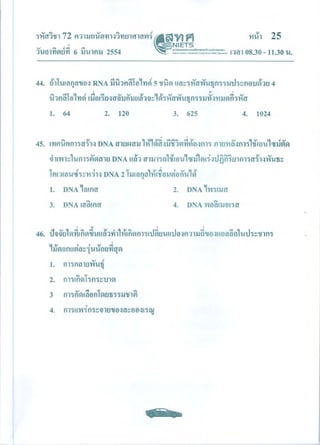
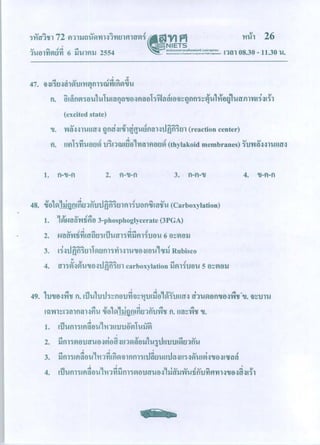
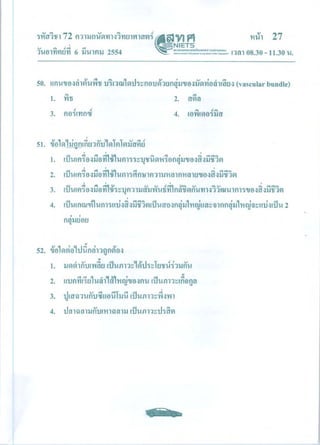
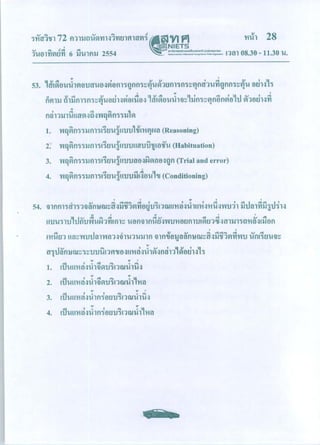
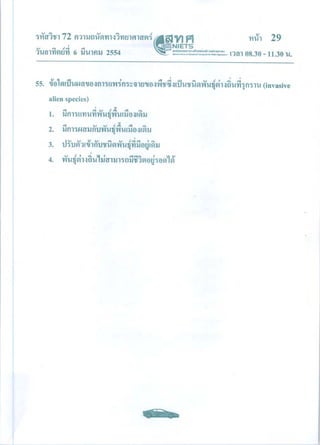
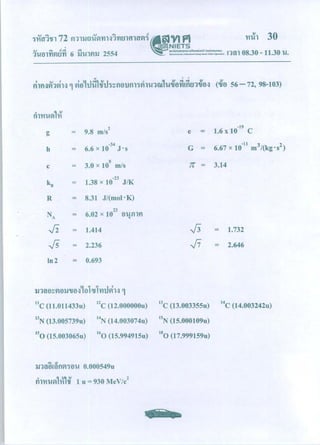
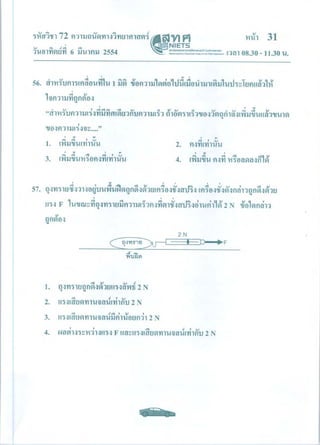

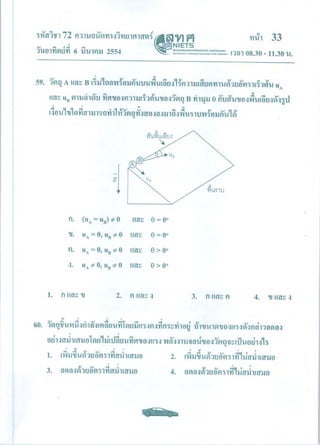
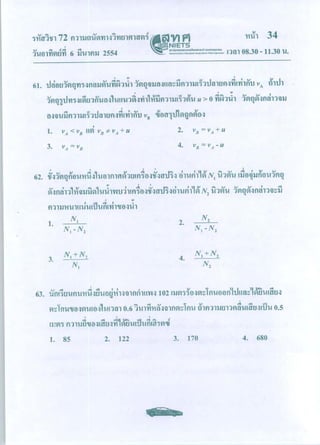
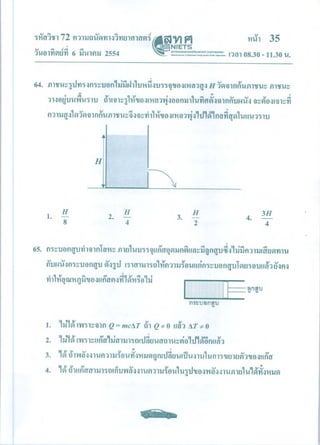
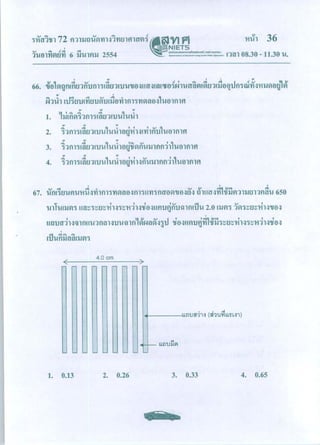
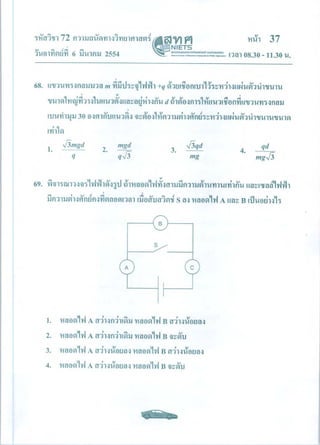
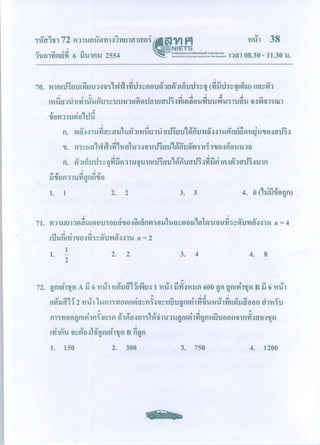
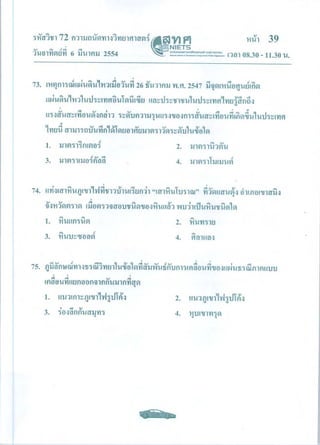
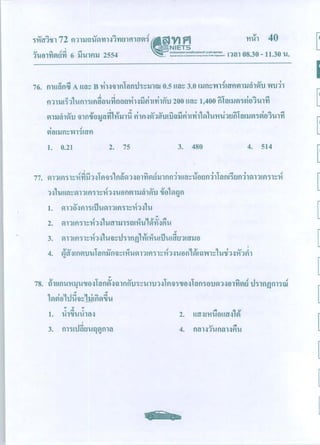
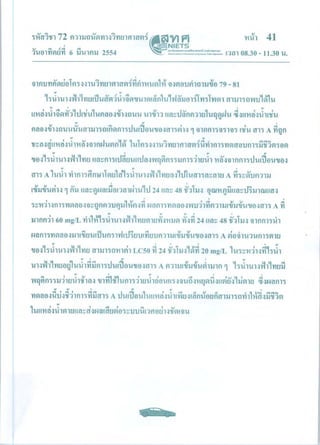

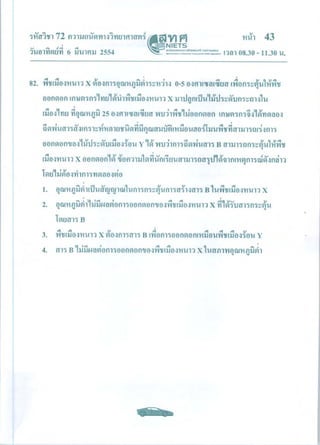
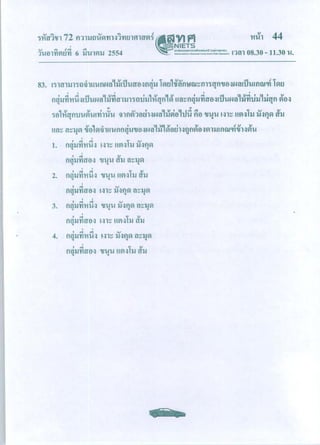
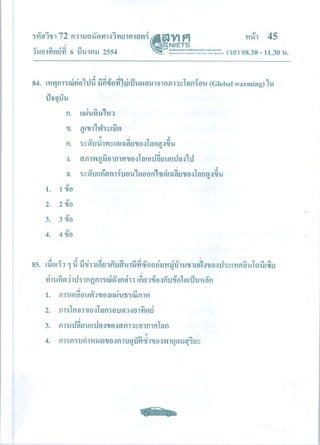
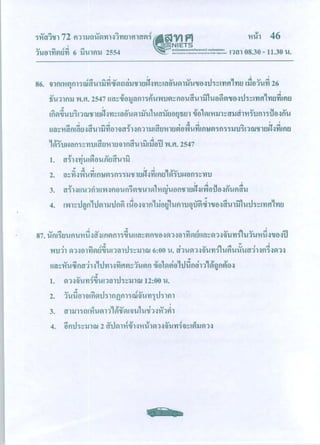
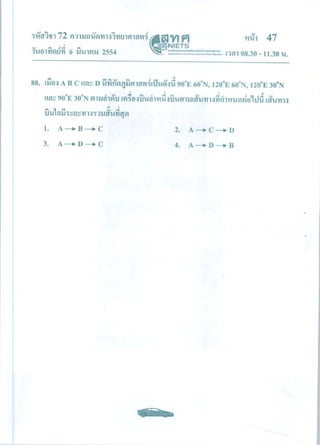
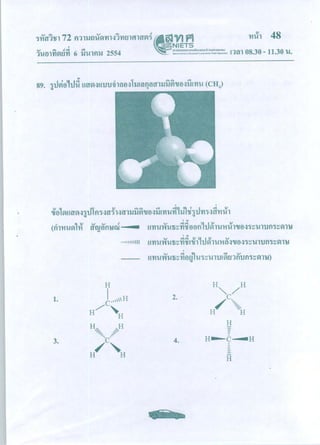
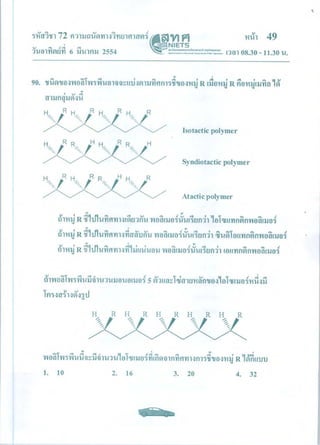
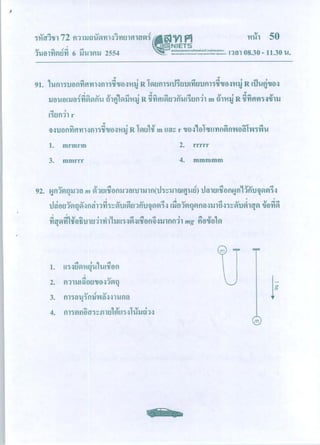
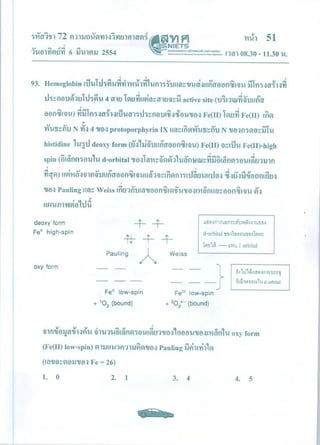
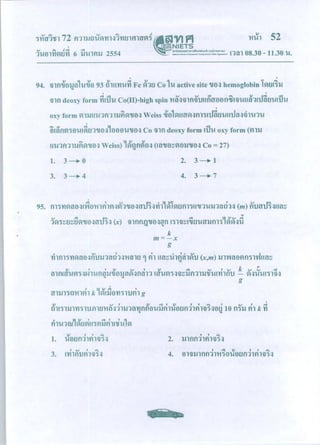
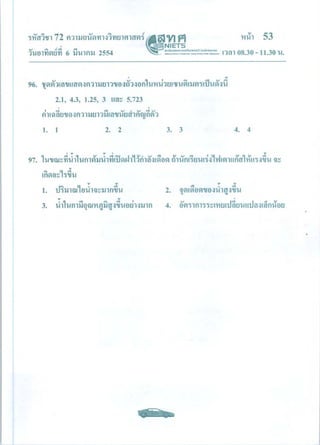
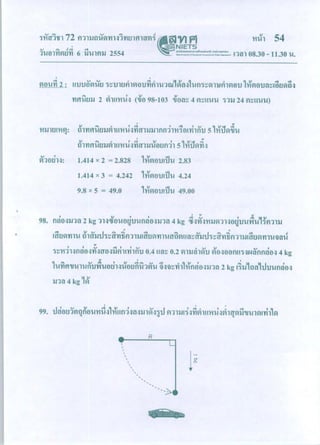
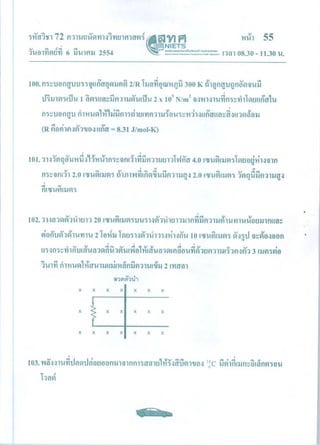
Ad
Recommended
Laptop policy segment of first class materials
Laptop policy segment of first class materialsJamie Marks
╠²
1. Recent psychological research has found that students using laptops in class are often not paying attention, have lower academic performance, and are less satisfied with their education compared to students who do not use laptops.
2. New research from 2014 also found that laptop use can negatively impact performance on educational assessments, even when used for note-taking.
3. Allowing laptops in class may be detrimental to the learning environment and makes the instructor feel more like a YouTube video than an educator, so the document recommends not allowing laptops in class.Tech in the library narrated by Bill
Tech in the library narrated by Billsmlweiss
╠²
This document provides information about technology resources available at the library. It outlines the roles of technical services, library systems, and public services in connecting patrons to knowledge and content. It then lists the various computer workstations, software, and printing options available for public use. Finally, it provides contact information for technical support and assistance with technology or resources.Ó╣āÓĖÜÓĖćÓĖ▓ÓĖÖÓĖŚÓĖĄÓ╣ł 2 8 ÓĖäÓĖŁÓĖĪļéś
Ó╣āÓĖÜÓĖćÓĖ▓ÓĖÖÓĖŚÓĖĄÓ╣ł 2 8 ÓĖäÓĖŁÓĖĪļéśAoy Zied
╠²
The document discusses 5 areas of educational technology development: 1) educational media development, 2) tools development, 3) theory simulation, 4) application, and 5) game development. For each area, several Thai language resources and websites are provided that relate to topics like effective English learning, theoretical experiments, ready-made archives, and a game called CPS'ketchuu.More Related Content
More from Aoy Zied (15)
Ó╣āÓĖÜÓĖćÓĖ▓ÓĖÖÓĖŚÓĖĄÓ╣ł 2 8 ÓĖäÓĖŁÓĖĪļéś
Ó╣āÓĖÜÓĖćÓĖ▓ÓĖÖÓĖŚÓĖĄÓ╣ł 2 8 ÓĖäÓĖŁÓĖĪļéśAoy Zied
╠²
The document discusses 5 areas of educational technology development: 1) educational media development, 2) tools development, 3) theory simulation, 4) application, and 5) game development. For each area, several Thai language resources and websites are provided that relate to topics like effective English learning, theoretical experiments, ready-made archives, and a game called CPS'ketchuu.